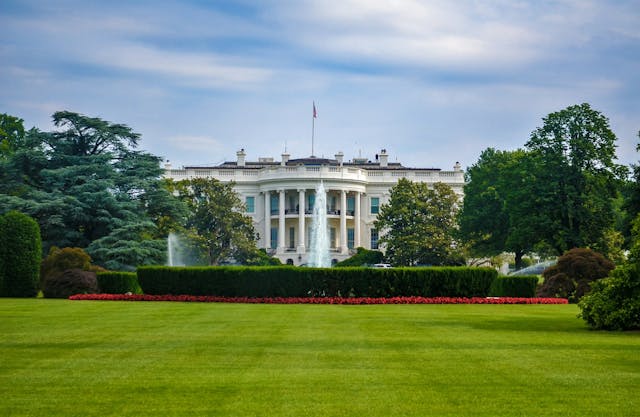Corporate Lobbying to Stifle Competition Hurts The Economy


It seems incredible that even in this current economic climate, products like the iPad and 8 GB Micro SD cards that cost only five dollars are possible, but then again the technology sector is so decentralized and competitive, it's almost impossible to regulate or inhibit the growth of such innovative products.
By contrast, corporate retailers (like Menards, Lowes, Home Depot, Wal-Mart, Kroger, and other regional and national giants) are capable of lobbying for regulations like the ADA and zoning restrictions, and are able to obtain tax breaks that would not be available for small businesses or lesser competitors for a simple reason-- the big players can afford lobbyists and afford to give campaign contributions to candidates who if elected, might be able to pull strings to get beneficial circumstances for those contributors.
This practice is referred to as "rent-seeking." The definition, from The Library of Economics and Liberty is as follows:
"People are said to seek rents when they try to obtain benefits for themselves through the political arena. They typically do so by getting a subsidy for a good they produce or for being in a particular class of people, by getting a tariff on a good they produce, or by getting a special regulation that hampers their competitors."
These subsidies, tariffs, and regulations all serve as barriers to entry. Oftentimes when people complain about a business, a common retort is that they should try their hand at that business, but in a world of corporatism, this is impossible for the entrepreneur who wants to start a small grocery or tackle and hunting shop due to companies like Kroger or Meijer in the case of grocery stores, or Dick's or Gander Mountains in the case of fishing tackle and outdoors gear.
This entrepreneur who could have started a business has effectively been priced out of business using public policy as a proxy for corporate competition and what is not seen is the employees he or she could have hired and the demand that would have been created from his or her need for goods and services to maintain the new business. This demand for products would have created a ripple effect of job and wealth creation in the small business owner's community and outside of it as well.
Another thing that is not seen is where products and technology could be right now had people been able to start those businesses. We will never know, but a case can be made that the resulting lack of competition has certainly had a chilling effect on innovation in markets. Even in the case of simple consumer products, it can be said that the standard of living has suffered due to policies that decrease competition-- but then again, we cannot directly observe this result. We can only imagine what things may be like were it not for rent-seeking policies, because retailers are still the main marketplace for products like those aforementioned.
The corporate welfare mentality maintains the status quo which leads to a lack of new ideas-- this lack of ideas, productivity, efficiency, and ultimately innovation starts to create concerns that a less complacent competitor may come in and take market share-- so as a result of this, the corporation initiates rent-seeking to maintain its position of power which basically locks things into the status quo which is where nothing changes and the standard of living subsequently suffers. The competition at this point narrows down to a relatively stable détente between three or four big players and not between thousands of local niche stores that each have a fair opportunity to compete with each other and any other big firms out there to bring new ideas and more efficient methods to market.
It can be said that the same goes for manufacturers of products, though it is not as prevalent, especially with the advent of 3D printers and cheap capital for the creation of products. Decentralized markets tend to be freer and not coincidentally, centers of growth and innovation. Decentralized markets in the United States include technology, firearms, the sport-fishing industry, clothing, and other markets where products can be created or modified at little marginal cost and are based more on actual skills and machining that must be learned.
It's simple for a big corporation to merchandise a product provided it has economies of scale working in its favor as well as politicians willing to help stymie its competitors, however it is more difficult to legally raid someone's home or steal their means of production if they are gunsmithing, making custom-painted fishing lures, or sewing dresses, but in some cities including Chicago, home businesses are illegal and the commission of such offenses as mundane as making baked goods in ones home includes fines and charges.
The solution to the current stagnation in the American economy is to elect politicians who cannot be bought and sold by companies to stymie competition and create unfair rules that favor already-established corporations over new ideas and small businesses. Another solution is to buy from the decentralized markets as opposed to the big box stores when financially prudent.



